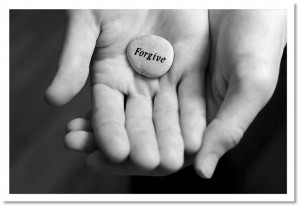A young disciple once asked his rabbi: “Do you believe God created everything for a purpose?” “Of course,” the rabbi answered.
“Then why,” the student asked, “did God create atheists?”
The rabbi paused and stroked his beard. He then spoke softly and intensely. “Sometimes we who believe, believe too much. We see the cruelty, the suffering, the injustice in the world and we say: ‘This is the will of God.’ We accept what we should not accept.”
“That is when God sends us atheists to remind us that what passes for religion is not always religion. Sometimes what we accept in the name of God is what we should be fighting against in the name of God.” (This teaching is attributed to a variety of sages, including Jonathan Sacks and Rav Kook)
Avoiding Self-Righteousness
What a powerful answer. Atheists challenge what the faithful often take for granted. They prevent us from giving easy answers to important challenges.
In an age of soundbites and talking points, we need such serious and courageous conversations. Doubt, as Paul Tillich pointed out, is not the opposite of faith. It is an element of faith. Doubt makes faith meaningful. If we welcome it with open hearts and open minds, we help stop righteousness from becoming self-righteousness.

